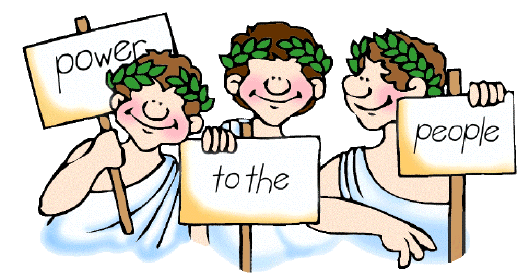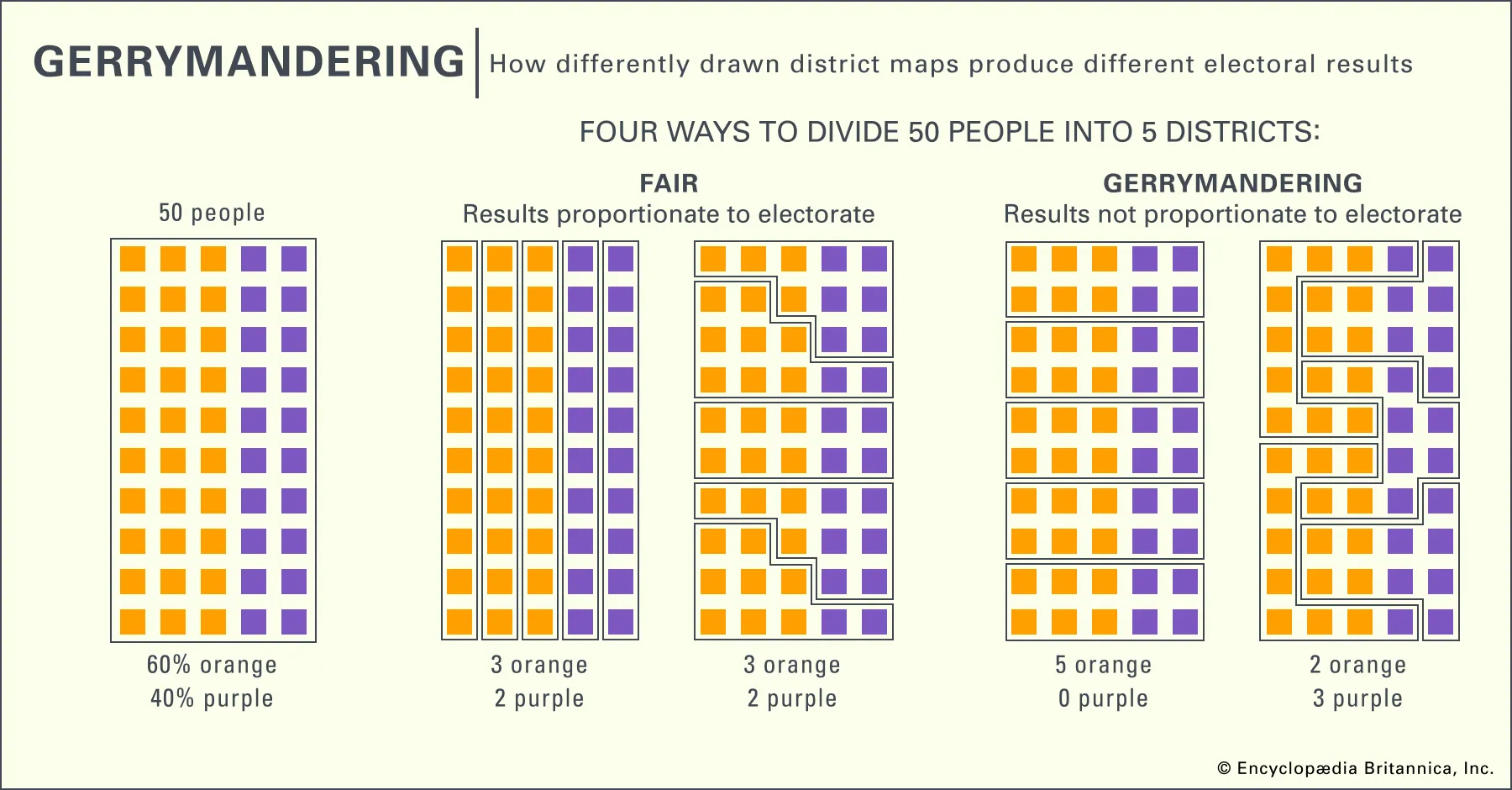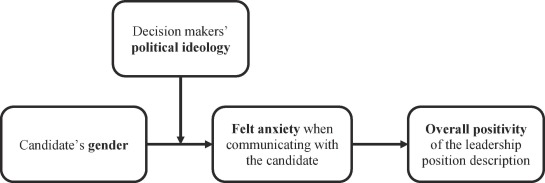Political Parties in Democracy - Understanding Their Role
Explore the crucial role political parties play in a democratic system. Learn how political parties shape governance and represent the voice of the people

The Vital Role of Political Parties in a Democratic System
In the ever-evolving world of governance and politics, political parties stand as the cornerstone of democratic systems. They play a pivotal role in shaping the course of a nation's political landscape, determining policies, and representing the diverse interests of their constituents. Today, as we delve into the significance of political parties, we will explore their role in fostering democracy, their influence on state and international politics, and their strategies in the dynamic realm of political campaigns.
Foundation of Democracy
Democracy thrives on the principles of representation, participation, and accountability. Political parties are the conduits through which these principles are upheld. They provide a platform for citizens to engage in politics, allowing them to express their views, elect representatives, and hold those representatives accountable. In this way, political parties serve as the bedrock upon which democratic governance stands.
Shaping Policies and Governance
One of the primary roles of political parties is to formulate policies and agendas that resonate with their supporters. These policies are crafted through a combination of party ideologies, public opinion, and expert input. By doing so, political parties provide citizens with a clear choice when voting in elections, ensuring that governance is representative of the diverse views within society.
Influence on State and International Politics
The impact of political parties is not confined to domestic affairs. They also shape a nation's stance on international issues. In the United States, for instance, political parties often have divergent views on foreign policy, trade, and international relations. The party in power can significantly affect a country's global standing, leading to shifts in alliances, agreements, and diplomatic strategies. In a world interconnected by information, world politics news is quick to report on these developments, emphasizing the global relevance of political parties.
International Political News
Political parties are not just relevant at the national level; they also play a role in international political news. When elections occur in major democracies, the outcomes can have far-reaching consequences for global politics. Changes in leadership, alliances, and foreign policy stances can send shockwaves throughout the world. Therefore, international political news closely monitors these events, recognizing the interconnectedness of nations in today's globalized world.
Upholding Democracy Through Accountability
Political parties also act as a check and balance within democratic systems. Opposition parties scrutinize the actions and policies of the ruling party, holding them accountable for their decisions. This dynamic helps prevent abuses of power and promotes transparency, ultimately strengthening the democratic framework.
Upcoming Political Events
As elections and political events approach, political parties are at the forefront of the public's attention. Citizens eagerly follow the strategies and platforms of these parties, knowing that their choices will impact the direction of the nation. Upcoming political events are covered extensively in the media, offering citizens insights into the candidates, policies, and campaign strategies.
Political Campaign Strategies
The art of political campaigning strategies has evolved significantly in the digital age. Political parties employ a wide array of strategies, including grassroots organizing, social media engagement, fundraising efforts, and targeted messaging to sway public opinion. Campaign strategies are often a reflection of a party's ability to adapt to changing demographics and technological advancements.
Fostering Civic Engagement
One of the less discussed but equally important roles of political parties is their ability to foster civic engagement. They serve as a bridge between the government and the governed, encouraging citizens to actively participate in the political process. Through party membership, volunteering, and attending political rallies, people are given an opportunity to voice their concerns and influence the direction of their country. This engagement is vital in ensuring that democracy remains vibrant and responsive to the needs of the populace.
Representation of Diverse Interests
Political parties are not monolithic entities; they are made up of diverse individuals and groups, each with their own perspectives and priorities. These parties, by their very nature, bring together people with varying backgrounds, ideologies, and interests. This diversity ensures that a wide range of voices is heard and considered in the policymaking process, contributing to a more inclusive and comprehensive governance model.
Adapting to Societal Changes
The ability of political parties to adapt to societal changes is crucial for the continued success of democratic systems. As societies evolve, so do the issues and concerns of the people. Effective political parties recognize these shifts and adjust their platforms accordingly. For example, environmental concerns, technological advancements, and social justice issues have gained prominence in recent years, prompting parties to integrate these topics into their agendas.
Balancing Competing Interests
In any democracy, there are competing interests and needs within society. Political parties play a crucial role in mediating and balancing these interests. They act as intermediaries between different groups, helping to find common ground and reach compromises. This is especially important in diverse societies where conflicting values and priorities can lead to polarization and division.
Educating and Informing Voters
Political parties also serve as educational platforms for voters. They often conduct outreach and educational campaigns to inform citizens about their policies, candidates, and the electoral process. This helps voters make informed decisions when casting their ballots, which is essential for the functioning of a healthy democracy.
Encouraging Collaboration
While political parties may engage in intense competition during elections, they also have opportunities to collaborate and work together on shared goals and issues. Bipartisanship and coalition-building can lead to more effective governance, as parties come together to address pressing challenges that require consensus and cooperation.
Responding to Emerging Challenges
The world is constantly faced with new and unexpected challenges, from economic crises to global pandemics. Political parties are at the forefront of developing strategies and policies to address these challenges. Their ability to adapt and respond to emerging issues is a testament to their flexibility and resilience in the face of uncertainty.
The Role of Citizens in Shaping Political Parties
Ultimately, political parties are a reflection of the values and preferences of the citizens they represent. Citizens have the power to shape political parties through their engagement, activism, and voting behavior. By actively participating in party politics, citizens can influence party platforms, leadership choices, and the overall direction of their country's politics.
In the dynamic landscape of governance and politics, political parties remain essential institutions that facilitate democracy, ensure representation, and drive change. They are not static entities but rather adaptive and responsive organizations that evolve to meet the needs and aspirations of their constituents. As we engage with political news and upcoming political events, let us recognize the profound impact that political parties have on our democratic systems and our collective future. Their role extends far beyond elections, shaping the very essence of our societies and the direction of our world.
What's Your Reaction?
















